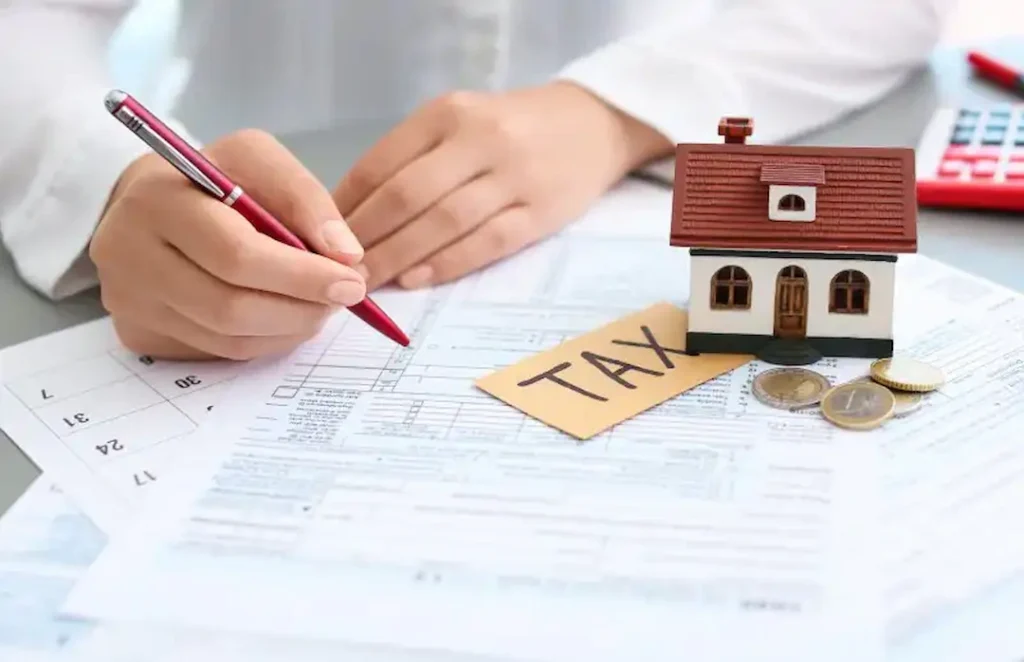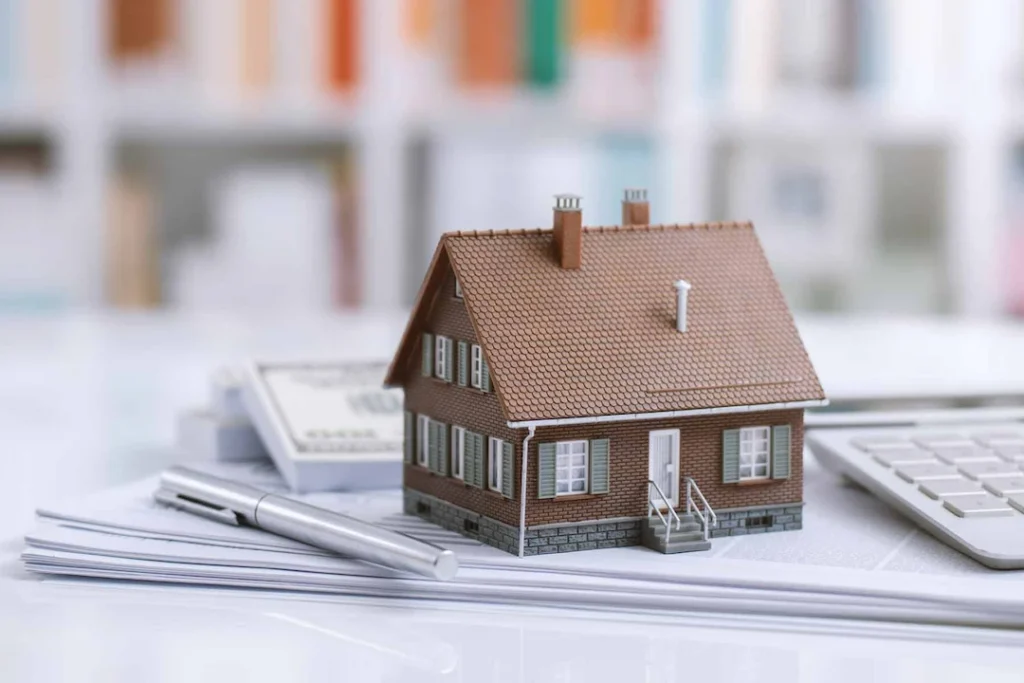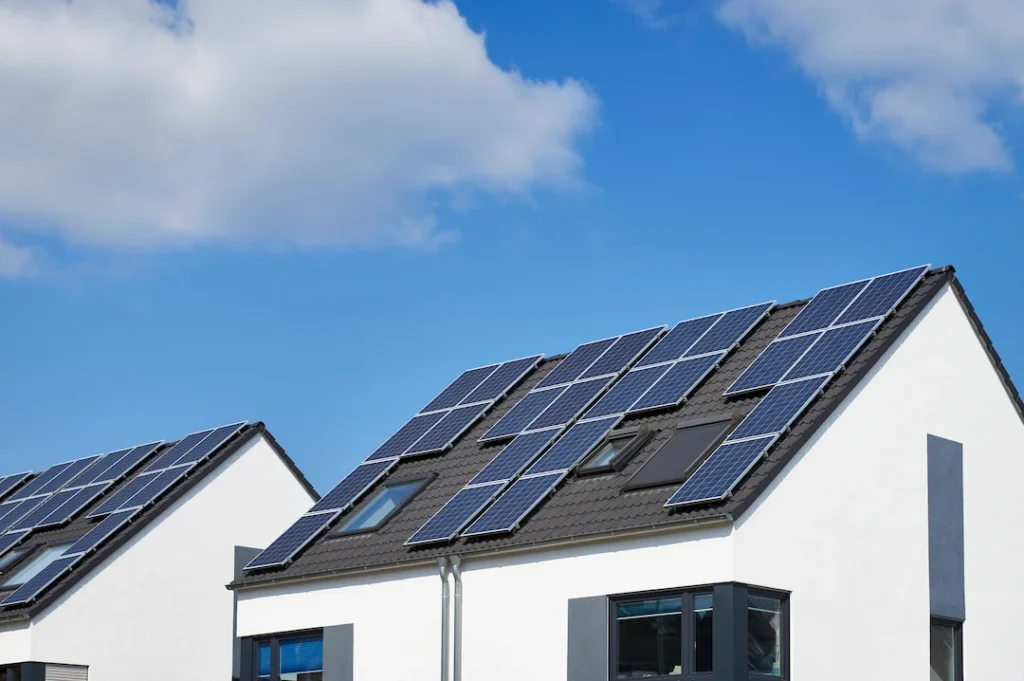Real estate ownership promises some great benefits. Most of them are financial, especially when it comes to real estate taxation. Understanding how real estate taxation works is essential if you want to maximize your total value and take full advantage of potential tax benefits. To help you out, we are giving you the following easy tips:

Content
Stop Confusing Tax Benefits with Tax Credit or Tax Deduction
You have to review the basics. The total annual income is taxable income. Thanks to this, everyone is categorized in a tax bracket that evaluates your liability. The tax credit cut off your tax bill. on the other hand. Real Estate Taxation deduction offers a discount on the ratio of your taxable income. A good example of this relief in Real Estate is first time home buying.

Tax Deductions and Their Role in Homeownership
Real estate taxation deductions are meant to give you a relief on your taxable income. This amount is equal to your margin of tax bracket. it goes from 5-50% (more or less in some cases).
Understanding Home Improvement Tax
Now it’s time to understand the Home improvement tax, which you can categorize under Real Estate tax. Home improvement of your primary living space is not deductible, but it does offer some tax value when you sell your home. This is when you make a problem as IRS tax the difference among what you paid and the so called profit.

When you improve your home, it improves your basis and controls the tax you need to pay on your Real Estate profit. There is a margin set for the tax that is evaluated based on how much you profited, not the whole value of your property.
Now, before you go on to make some improvement, you have to make sure what you do add value to your property. Things like adding room, new bathroom, improving your kitchen, plumbing and the sort of basic stuff help you in this.
How Home Improvements Affect Property Basis
Your property basis is the amount you originally paid for your home, including purchase price and certain associated costs. When you make qualifying improvements, you add those costs to your basis.
For example:
If you bought a home for $200,000 and later spent $40,000 on a new kitchen, your adjusted basis becomes $240,000.
If you sell the home for $350,000, your taxable profit is $110,000, not the full $150,000 difference.
By carefully tracking improvements, you can significantly reduce the taxable gain on your property.
Improvements That Add Value and Reduce Taxes
Certain home improvements not only make your living space more comfortable but also contribute to lowering your future real estate taxation liability. Some examples include:
Adding a new room or extension – Expanding living space generally boosts property value.
Bathroom or kitchen remodeling – High-impact renovations that increase resale value.
Plumbing and electrical upgrades – Essential improvements that make the home safer and more efficient.
Roof replacement – Extends the lifespan of your home and adds equity.
Energy-efficient upgrades – Solar panels, insulation, and energy-efficient windows may qualify for federal tax credits in addition to increasing your basis.
Tax Credits for Energy-Efficient Improvements
Apart from basis adjustments, certain eco-friendly upgrades can earn you direct tax credits. Unlike deductions, credits reduce the amount of tax you owe dollar for dollar.

Examples include:
Solar energy systems (panels and water heaters)
Geothermal heat pumps
Energy-efficient HVAC systems
Insulation improvements
The government often provides these incentives to encourage sustainability, and they can save you thousands over time.
Record Keeping: Why It Matters
To benefit from real estate taxation savings, documentation is essential. The IRS requires proof of costs, so keeping accurate records is critical. Always save:
Receipts and invoices from contractors
Bank statements showing payments
Contracts for improvement projects
Permits and inspection documents
Without proper records, you may lose the ability to claim added basis or credits during resale.
Home Office Improvements and Deductions
For those working remotely, the home office deduction can provide additional tax relief. While general improvements to your primary residence are not deductible immediately, enhancements made specifically for your home office space may qualify. Examples include:
Dedicated office renovations
Internet and utility costs
Office equipment and furniture
However, you must use the space exclusively for business to qualify.
Mistakes Homeowners Make with Tax Deductions
Many homeowners miss out on potential savings due to common mistakes, such as:
Failing to distinguish between repairs and improvements
Neglecting to keep receipts and documentation
Assuming all upgrades are immediately deductible
Overlooking available federal energy credits
Forgetting to adjust the basis before selling
Avoiding these errors can help ensure maximum tax efficiency.
Long-Term Financial Benefits of Home Improvements
While the immediate goal of home improvements is comfort and functionality, the long-term benefits should not be ignored. By strategically choosing projects that increase your basis, you’re essentially reducing the future tax burden when selling your property. This can lead to significant savings and more money in your pocket during resale.
Conclusion
Understanding home improvement tax rules can give homeowners a financial edge. While improvements to your primary residence are not immediately deductible, they play a crucial role in reducing taxable gains when selling. Projects such as kitchen remodels, room additions, and energy-efficient upgrades can increase your basis and even qualify for tax credits. The key lies in distinguishing between repairs and improvements, keeping accurate records, and planning strategically. By doing so, you not only enhance your living space but also secure long-term tax savings.
Frequently Asked Questions (FAQs)
Are home improvements tax deductible?
No, home improvements on your primary residence are generally not real estate taxation deductible in the year they are completed. However, they can increase your property’s basis, reducing the taxable gain when you sell.
What types of home improvements qualify for tax benefits?
Capital improvements such as adding a new room, remodeling a kitchen, upgrading plumbing, or installing a new roof qualify. These projects increase your home’s value and reduce future taxes.
Do repairs count as tax-deductible home improvements?
No, routine repairs like painting walls or fixing a leaky faucet are considered maintenance and do not qualify. Only projects that add value or extend the property’s life are eligible.
Can I get tax credits for energy-efficient improvements?
Yes, upgrades such as solar panels, insulation, and energy-efficient HVAC systems may qualify for federal tax credits. These credits directly reduce the amount of tax you owe.
How do I prove my home improvement expenses to the IRS?
Keep detailed records including receipts, contracts, permits, and bank statements. These documents are required to adjust your home’s basis and claim tax credits.
Does a home office renovation qualify for tax deductions?
Yes, if the space is used exclusively for business purposes, you may claim deductions for improvements made to that area, as well as a portion of utilities and internet costs.
How does home improvement affect my taxes when I sell my home?
Improvements increase your adjusted basis. This reduces the real estate taxation gain when the IRS calculates the profit from the sale of your home.

My name is Author Name. I post about home improvement ideas and how to make your home look beautiful and liveable. I hope my posts will help you with your DIY projects!












